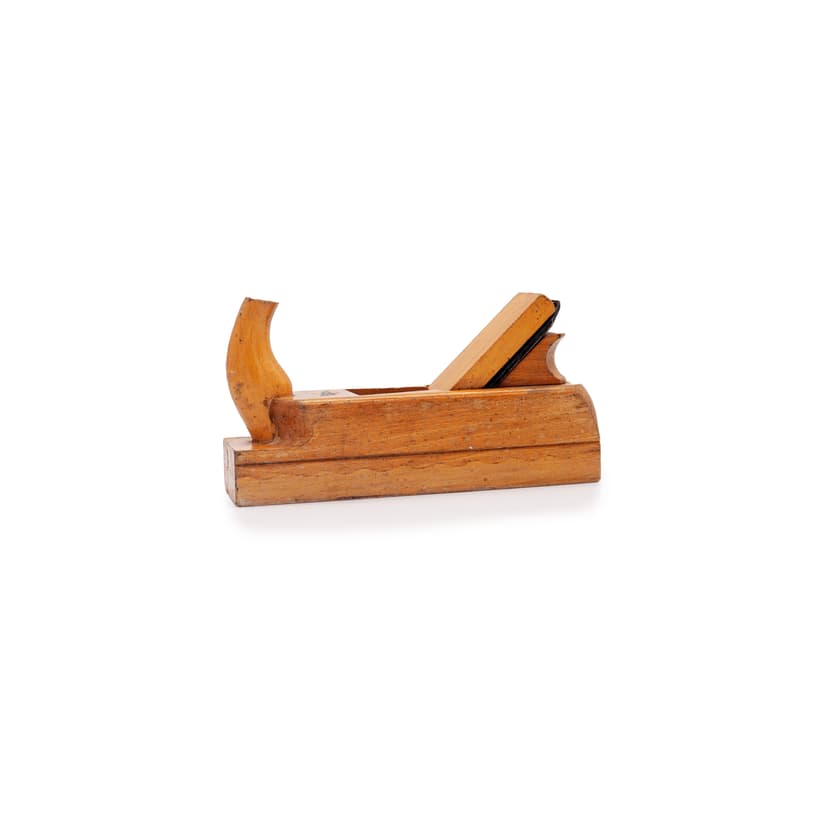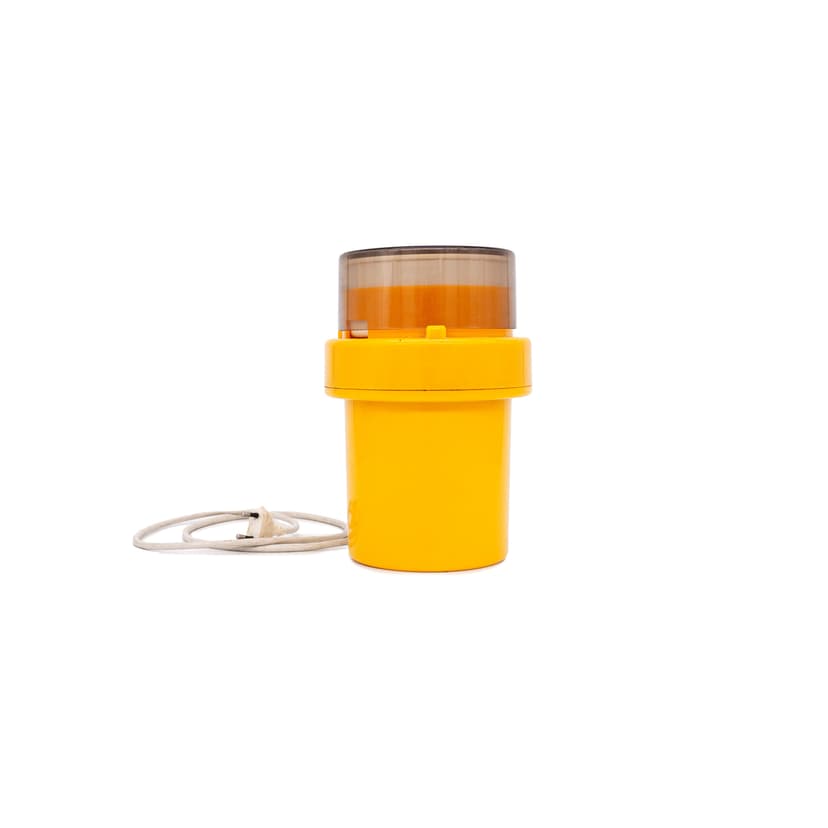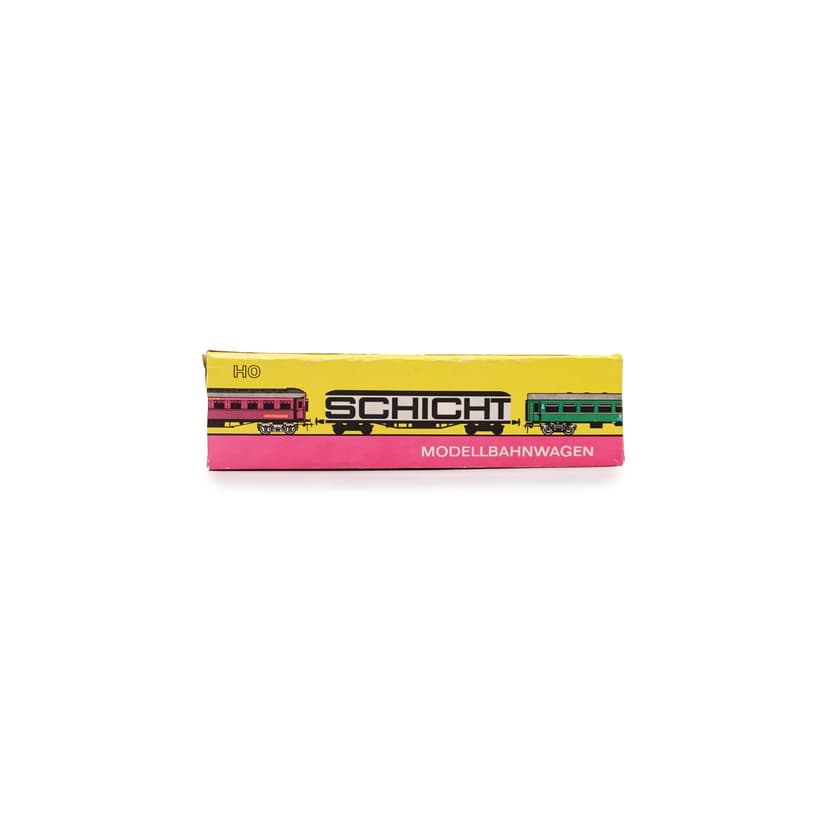Otto is standing at the workbench when he learns that his sister and her family have disappeared. Only last month, he had delivered his self-made wall unit to her. He knows immediately. At the police station, they question him, two three-hour interrogations – his first interrogation. 47 years later, Otto sits in front of the wall unit and is still proud of the simple elegance of his own creation: "It's timeless," he says. And: "I have my uncle to thank for the Swedish hardware." He actually wanted to train as a bricklayer, but then the Wall came, separating him from his relatives in West Berlin. With it, the apprenticeship they had promised him was gone. So he goes into the family business and becomes a carpenter. Like his grandfather and father. Mornings and lunches at the table with the family. Delicious meals at his mother's and arguments with his father. Eight hours of hard work with wood. He often stands at the workbench and at the polishing machine. He builds footstools, flower benches, and cupboards. He makes a particularly beautiful wall unit for his sister. The carpentry apprenticeship at his parents' house wasn't what he had dreamed of. The evenings, however, were beautiful. Lively evenings, the halls packed, and the atmosphere really good. "Once they kicked us out, Doris and I, because we were dancing rock 'n' roll. There was a tough guy there who made sure we had to leave. But the next day we were back in. It certainly helped that I had done carpentry work for the clubhouse owner. They didn't take the rules quite so seriously. Some things were laughed off. The wall was sad enough. What mattered was a sense of community, where possible." "In the GDR, it was normal to keep working after work. And so we built our own house in our free time. Craftsmen, acquaintances, and friends helped. That wasn't an issue, not at all. On Saturdays, Doris cooked. And I helped out on other private construction sites. I got the windows from my uncle, a carpenter in a state-owned company. Not as a gift, but given to me. We bartered and helped each other. Mutually. I like to think about that." "Shortly before the house was finished, my sister came by with her family. I didn't know at the time that it was her farewell visit. And when we moved in, she was already in the West. Those who fled the republic were generally expropriated. Everything would have been auctioned off. Even my gift, the wall unit, which I had put months of work into. But since I could prove that I had built it, they made an exception. The fact that my sister was gone was simply a fact. No one could change that. So, as small consolation, I at least had my work back." "What could we do? We made the best of it!"




